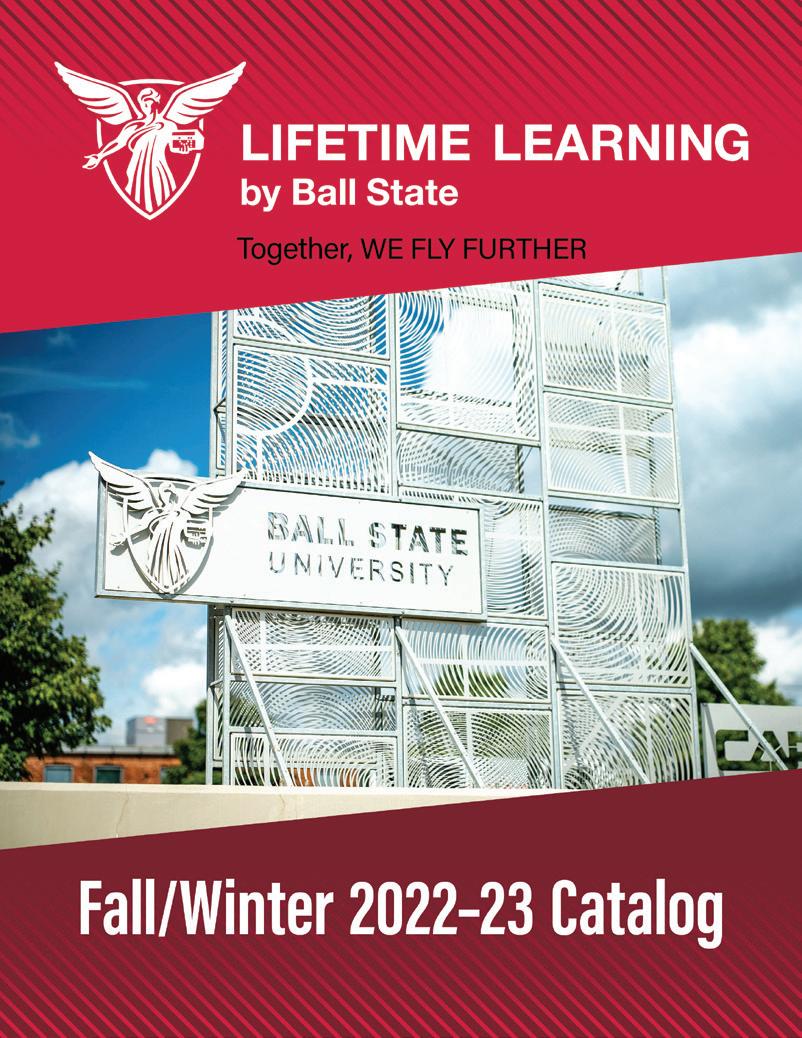
1 minute read
Lifetime Learning Efforts Growing
Amy Barsha spent the last 20 years working in continuing education at three public state universities. A native of upstate New York, Ms. Barsha became a Hoosier when she moved to Dyer, Ind., in 2013 to lead a continuing education division at a nearby regional university. “I have always been attracted to the mission of continuing education,” Ms. Barsha explained. “When was an undergrad, I wasn’t 100 percent certain of my career path, so I studied liberal arts, where skills are broad. I later pursued a master’s degree in Education, which has allowed me to evolve to where I am today.”
Today, Ms. Barsha is assistant vice provost for Lifetime Learning at Ball State. The new non-credit division launched in late 2022 with a catalog of non-credit programs perfect for busy adults.
Advertisement
“What you need from your education changes over time. You might need a particular skill to qualify for a work-from-home job that works for your family, to prepare for graduate school, or to gain leadership skills to advance,” Ms. Barsha said. “Employers value this growth mindset. The market is now evolving into a competency-based environment. It’s about what you know and what you can do. That’s where we come in.”
Ways Alumni Can Engage with Lifetime Learning:

1 Consider developing a course in collaboration with Ball State faculty. Share your course idea on our website, bsu.edu/lifetimelearning.
2 Host a “Take Flight” work-based learning event for students at your workplace.
3 Connect with us online, and share our catalog and course updates.
4 Meet us at the Fishers Center. Plan a networking event, host a corporate gathering off-site, or take a professional development course.
Major Gifts, Land Donation Support Local Development
In recent Ball State Board of Trustees meetings, tangible examples of institutional news reinforce how the University continues to provide value beyond the physical boundaries of campus.

In September, the Board approved the University’s gift of 12 acres of land in Muncie to the city. Ultimately, the goal is for the land to be developed with 30-40 new homes. That would generate additional tax revenue for the city and Muncie Community Schools.
“Our decision to transfer this land to the city is yet another example of our University’s ongoing commitment to Muncie,” said Renae Conley, ’80 MBA ’82, Ball State Board of Trustees Chair.










